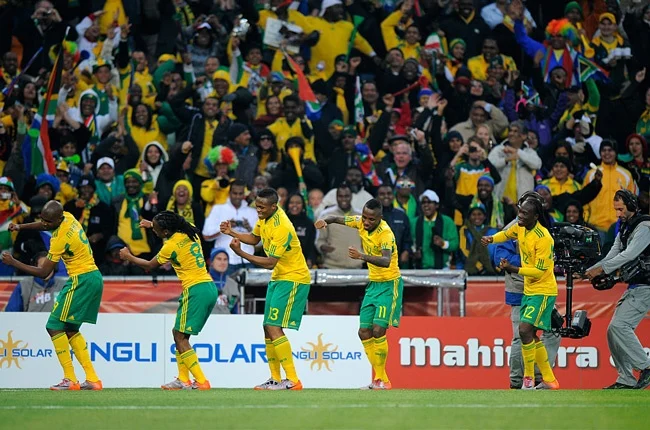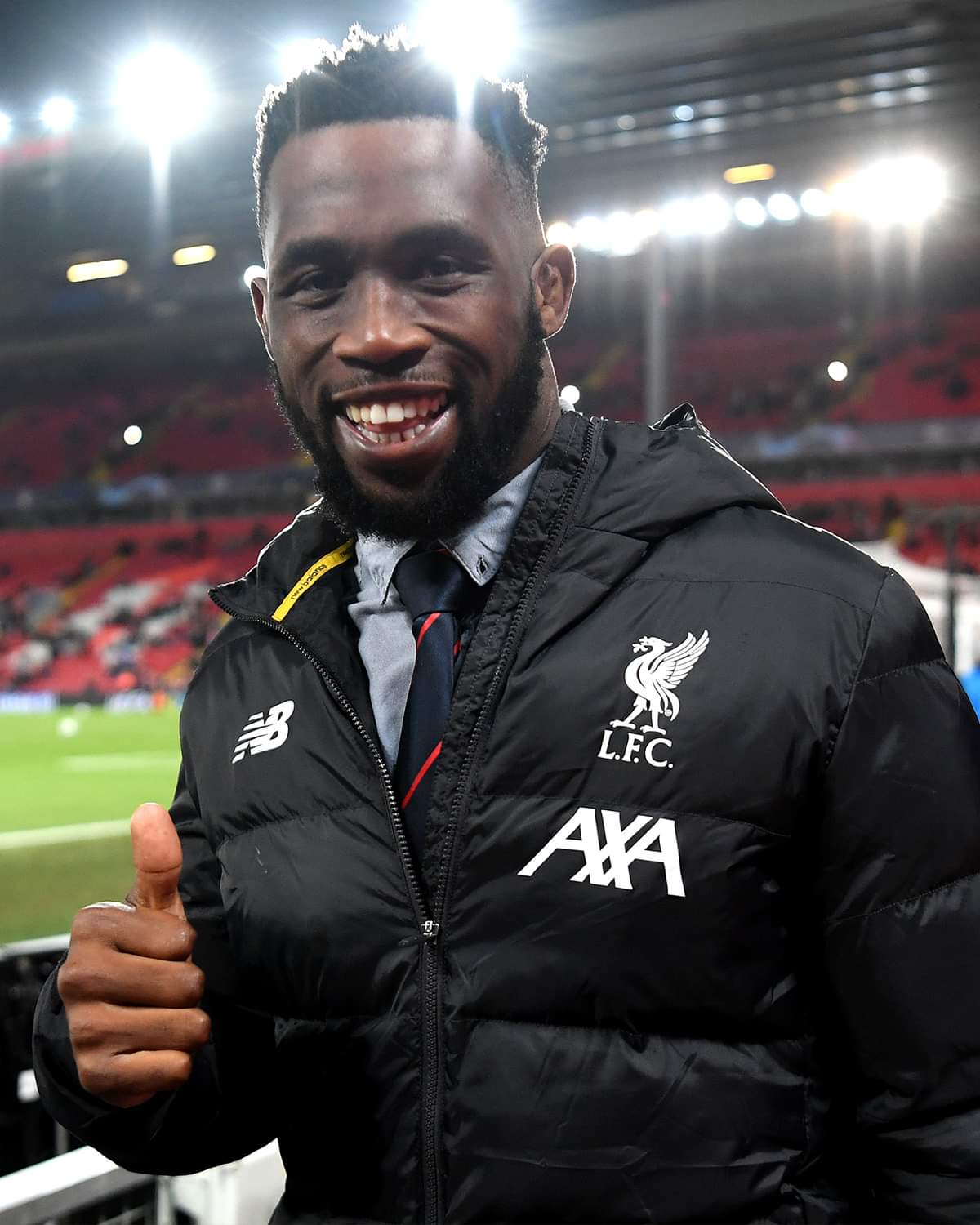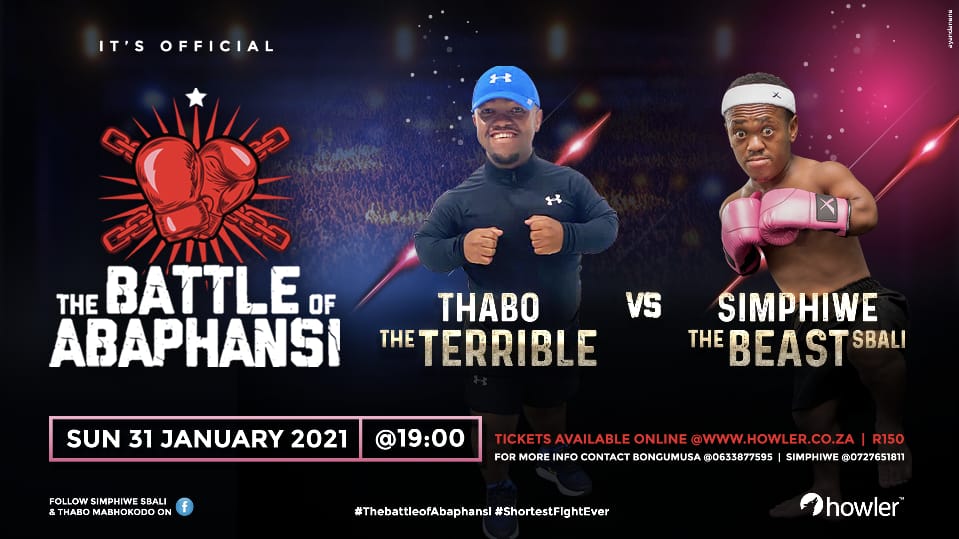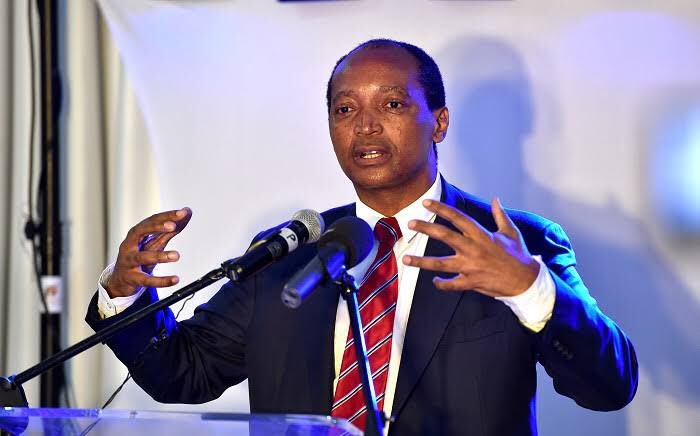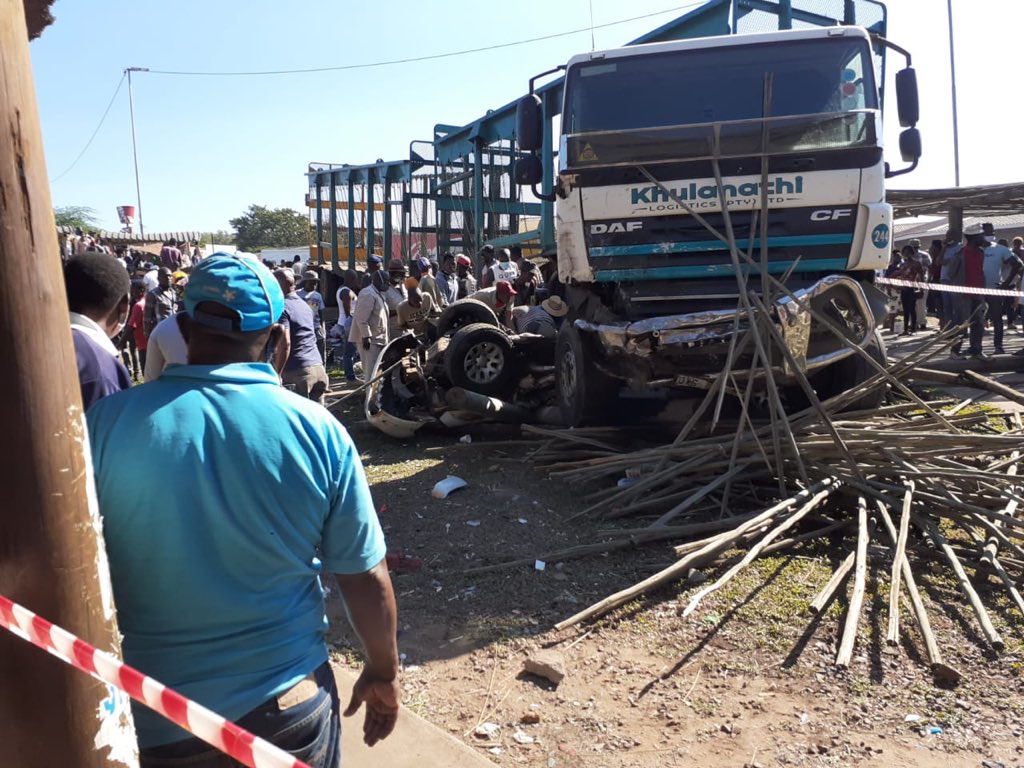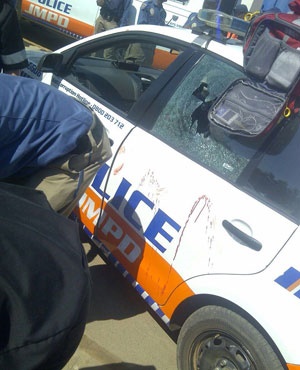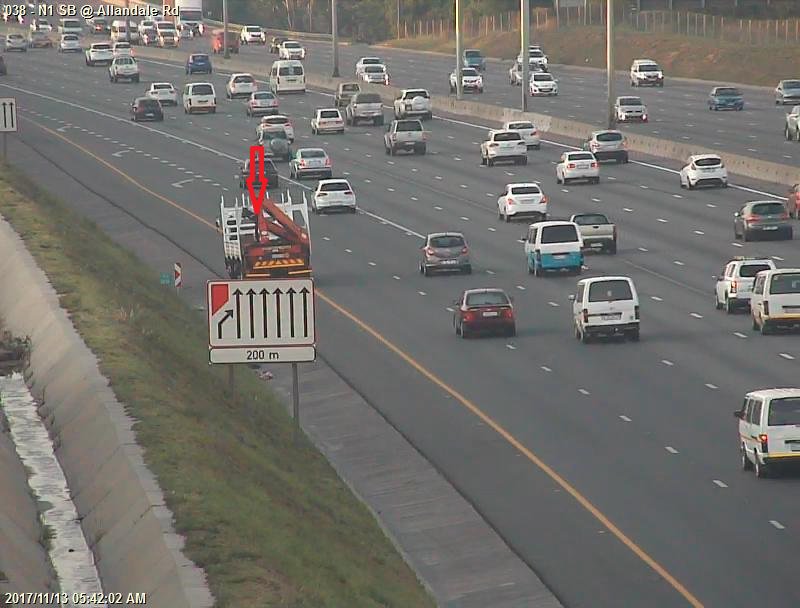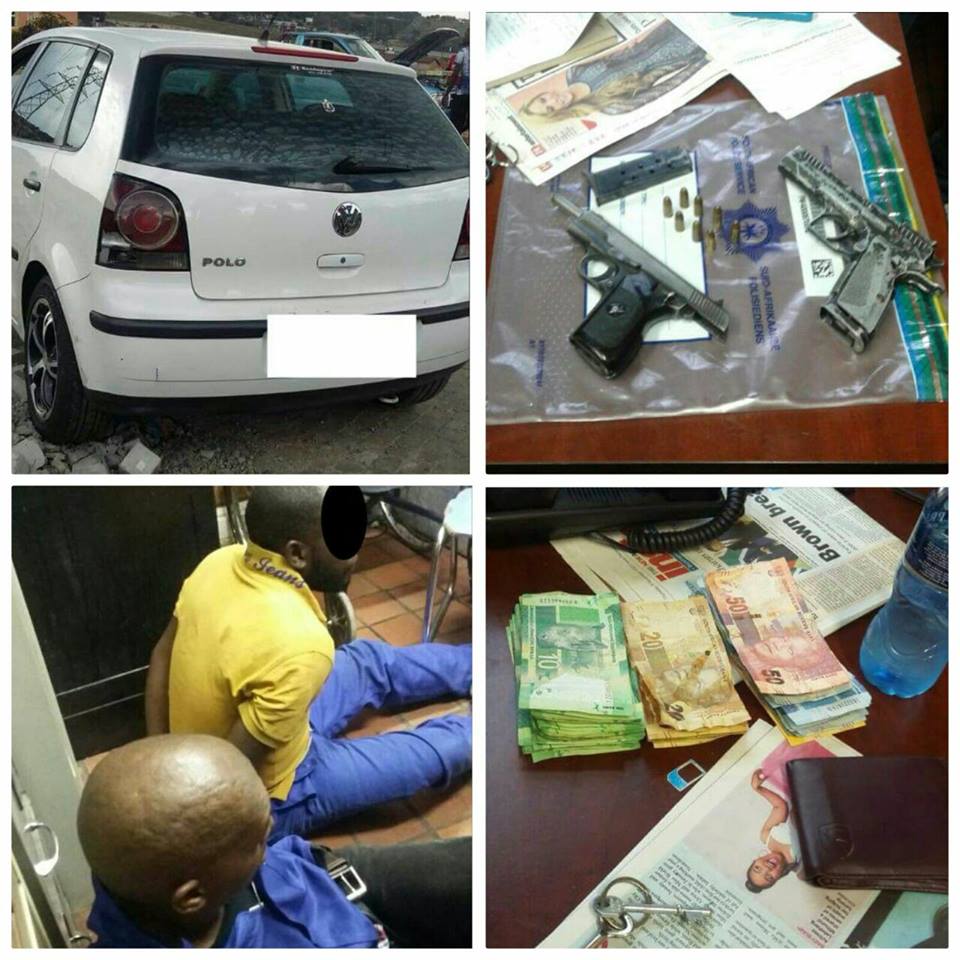– The majesty of Siphiwe Tshabalala’s tournament-opening goal set the tone for a celebrated, SA-hosted World Cup.
– For around a month before and then another during it, South Africans were overcome with pure pride and happiness.
– Crime/hooliganism in the event were virtually non-existent, only adding to the allure.
11 June 2010 is a date many South Africans will never forget as it marked the start of the Fifa World Cup. The only one to date to be hosted on African soil.
While Spain walked away with the Jules Rimet trophy following a 1-0 win over the Netherlands, it would be the name Siphiwe Tshabalala that made an undeniable mark as his opening goal against Mexico kicked off a month of entertaining football action.
The goal has gone down in World Cup folklore, and garnered the midfielder world-wide fame.
Connoisseurs always insist the left-hander’s cover drive in cricket is aesthetically more pleasing than the right-hander’s … so is a soccer player’s blistering left-footed finish from medium range superior on that basis, too?
We can chew over that until the cows come home … but I’m content to join any eager “yes” chorus, thank you very much.
All I care about, you see, is that I was exquisitely placed in the Soccer City press seating on 11 June 2010 – high up, and almost in line with the sweet point of contact from Siphiwe Tshabalala – for the opening goal to trump all opening goals of a World Cup, precisely a decade ago.
Currently 35, the then-Kaizer Chiefs-based midfielder revealed subsequently that he had intended a subtler method of shooting for goal in the 54th minute against Mexico, from Kagisho Dikgacoi’s just as platinum-calibre raking pass executed barely inside the halfway line.
Instead the ball sat up agreeably enough for Tshabalala to adjust his thinking in a jiffy (right decision? … oh, you bet) and unleash a thunderbolt on the half-volley, the missile whistling on a dead-straight trajectory into the top far corner of the net.
It was almost as if Tshabalala and his nearest, delirious team-mates ran straight toward me, too – albeit just one of 84 000 enthralled onlookers that cool but largely sunny afternoon – for a perfectly choreographed, five-in-a-row trademark Bafana goal celebration.
That the more highly touted Mexicans later equalised for a 1-1 outcome from an absorbing tussle didn’t sap any extreme dose of the magic from an occasion right up with the best I have savoured on-site in almost 40 years of sports-writing.
Tshabalala could be said, with conviction, to have lit the fire that so wondrously warmed South Africans’ collective hearts for a solid month or more, that often-biting early winter.
Although football has always commanded a chunky portion of my heart (right from the smoky Friday nights attending NFL matches featuring Frank Lord’s Cape Town City at the former Hartleyvale, to NPSL double-headers at Ellis Park when briefly based in Jo’burg during 1984) cricket and rugby, in no special order, have overwhelmingly been my areas of reporting speciality.
But ask for my own, most nirvana-like few weeks in the field (anywhere on the planet) and I offer absolutely no hesitation: Soccer World Cup, South Africa 2010.
It just felt so good to be part of a massive event – as big as they get, of course – later to be branded by many a non-parochial judge as the best World Cup on record, and embraced with such pride and tangible happiness by virtually the entire nation.
Yes, possibly even by those with deeper reservations than most about the financial implications/fallout and the involvement of toxic, smarmy Sepp Blatter and his not so merry men in top-level FIFA authority at the time.
Never lose sight of the lead-up nervousness in our collective national midst: could we do justice to the continent’s first crack at the loftiest team tournament of them all? Would everything be in place on time? Would there be … well, trouble in our occasionally volatile land?
I would argue that the signs were rosy a full month or so before that “Shabba moment” in the opening fixture on the outskirts of Soweto.
The festival had already kicked off, in many senses: who remembers the clamour at road intersections countrywide, with vendors scuttling frantically, eagerly across lanes to deliver those vehicle-attaching flags of the various competing countries to motorists?
Amidst the slight sense of trepidation was unbridled excitement, too: somehow, everyone seemed smiley-faced, in good humour … whether bank tellers, petrol attendants, shop assistants, you name it.
Even municipal cash halls and SARS branches somehow seemed brighter places.
The trend only transferred, just as all-embracingly, into the World Cup itself, especially as armies of fans arrived from overseas and were quickly struck by the entirely honest, profound warmth of the welcome and diverse beauty of the sights and metropolises they encountered.
My own pilgrimage through the event really just made me fall in love with the country all over again, as teething problems noticeably dissipated and the cheery, helpful World Cup volunteers and others made covering it all the more pleasurable.
I can still trace my 11-match, accredited odyssey of reportage and blogging for Sport24 in chronological order, including a protracted early spell in the northern sections of South
Africa that involved plentiful, virtually daily driving between fixtures (often involving formidable distances in the necessary scamper).
After that unforgettable opener, it was onward to Rustenburg for England v USA (12 June), Pretoria for Ghana v Serbia (13 June), back to Soccer City for Holland v Denmark (14 June), to Ellis Park for Brazil v North Korea (15 June), and then a dip down to the mercifully more temperate Lowveld for Chile v Honduras at Mbombela (16 June).
I was then able to catch my breath a little with a welter of games back in my Cape Town stomping ground – England v Algeria, Cameroon v Holland, Spain v Portugal and Uruguay v Holland, interrupted only by a once-off hop to Port Elizabeth for Switzerland v Chile.
Cherry on top was realising we had enough budget left – a day or two before, and with my late media request approved with impressive stealth – for me to fly back to the Highveld for the Spain v Holland showpiece clash at Soccer City.
Landing (same place as I’d begun the World Cup) at Lanseria airport, it felt like the agreeable closure of a circle after a buzzing, exhilarating month … even if, this time, my flight in wasn’t as memorably followed minutes later by the majestic sight of Hollywood star and qualified pilot John Travolta arriving aboard his own retro Qantas-liveried, 1964-assembled Boeing 707 with fitting tail number N707JT.
I had watched the Pulp Fiction frontman walk past me to excited cheers (that’s right, for him, not me) in the cramped arrivals hall – among the first of many A-list celebs from far and wide, of course, to sample the World Cup.
A particularly stirring memory is of how peaceful the tournament was, spectator-wise – just a further signal of the mass satisfaction and enjoyment levels, perhaps? – in a sport, let’s face it, not exactly averse to episodes of hooliganism.
If you’d asked afterwards “how many serious incidents of violence or crime were there?”, any observant South African answering might have been entitled to smugly respond instead with another question “never mind the ‘serious’ bit, how many incidents were there, full-stop?”.
The odd instance of petty theft was about as far as it got in coaxing any significant work out of the SA Police Service, beyond their observational needs, during the refreshingly even-tempered month.
Matches were almost unfailingly well attended, and fan parks with their bars and big screens heaved with healthy, jovial patronage in most centres, too.
That World Cup came at possibly the peak of the vuvuzela craze in South African soccer. Acquired taste? Well, maybe.
But I confess to having loved the perpetual, piercing “angry bees” sound of the plastic instrument at the various, mostly state-of-the-art stadiums, even if they may have lopped two further percentage points off my questionable hearing in slightly later life.
A visiting, willingly Cape wine-quaffing friend from a British tabloid covering the World Cup branded the vuvu the “demon horn” … although I suspected that even he, deep down, found it an acceptably novel phenomenon, especially once he’d slipped a hangover-reducing paracetamol on match days.
Apart from Tshabalala’s lift-the-hair-on-your-neck strike in the opener, the other purely footballing flashpoints in my mind from live witnessing of games included England goalkeeper Robert Green’s soft, goal-conceding howler against the USA at the Royal Bafokeng Stadium.
It was also (a little more amusingly, if you weren’t Robert Green), where I later spent hours in the dark on a featureless, expansive dirt car park, click-clicking every hired white VW Polo I could spot – do you know just how many of those damned things there are during a World Cup? – to eventually locate mine after three quarters of an hour of fruitless struggle.
Then there was the most frigid night, undoubtedly, of my entire South African life: a cold front had swept right across the country, creating that unique, brutally clear-skies brand of shiver factor at Johannesburg’s high altitude.
That was for the contrasting-cultures clash of eternal glamour soccer country Brazil and, with apologies for any involuntary stereotyping, the more mysterious North Koreans.
Seasoned Highvelders: can I be correct in remembering the anticipated “comfort level” for that 20:45 kick-off at Ellis Park (outdoor press seats) as being minus ten Celsius?
It felt every bit like it; I used a spare pair of airline socks found in my laptop bag as emergency gloves to keep my fingers from freezing on the keys.
At least the encounter was warmed a little by Maicon’s jaw-dropping, vicious bender of a goal (only a Brazilian could?) from a seemingly impossible angle virtually level with the goal-line.
Little things stand out, too.
In the media canteen at Cape Town Stadium on one occasion, I found myself necessarily taking a seat in the busy premises at a small table, shared by a studious fellow flicking through a magazine.
I put my phone down alongside his, not realising they were identical.
As he got up to leave five minutes later, the French voice sounded strangely familiar as he said, with a faint grin “Is this one mine … or yours?”.
My all too brief companion had been Arsene Wenger.
Three years before his death at age 89, I was delighted to be able to report to my Dutch father, in his retirement home near Eindhoven, that I would be at the final in the Big Smoke: a third stab at it by Holland since their harrowing losses in each of the 1974 and 1978 showpieces. (He took the ’74 setback to the arch-rival Germans particularly badly.)
Sadly, of course, the Dutch came up short again, losing 1-0 to Spain on the night where Nelson Mandela made his famous pre-game entry to a massive roar on a golf buggy, wrapped up in almost Siberian-style clothing against the cold.
Inexplicably, Holland resorted to notably roughhouse tactics to try to unsettle their opponents, and I ruefully headlined my Sport24 match summary: “Spain trump the high studs”.
I was booked on an 06:00 flight back to Cape Town the next day, so had made the seemingly sensible choice not to bother booking a hotel room, given that my writing obligations ended around midnight and it was already 01:00 by the time I hit the road toward Lanseria.
My plan was to get a couple of hours of shuteye on the back seat of my rental car before handing it over and having an impromptu freshen-up in the airport bathrooms.
Instead I had a restless, uncomfortable time, listening to roar after roar of departing private jets … acutely painful reminders that the wonderful four-and-a-half-week bash was suddenly, very firmly over and the VIPs (and everyone else who’d come) on their way out of South Africa.
Lying there, tossing and turning in the limited space, I was overcome by a hugely disconcerting sense that the country might not have it so good for sheer, hard-to-pin-a-pricetag-on enthusiasm and togetherness for a long time to come.
Ten years on, and even making allowance for the unexpected panacea masterminded by Rassie Erasmus, Siya Kolisi and company in Japan late in 2019, my thoughts haven’t significantly changed.
But wow, what enormous fun World Cup 2010 was while it lasted.
Any agreement out there?

